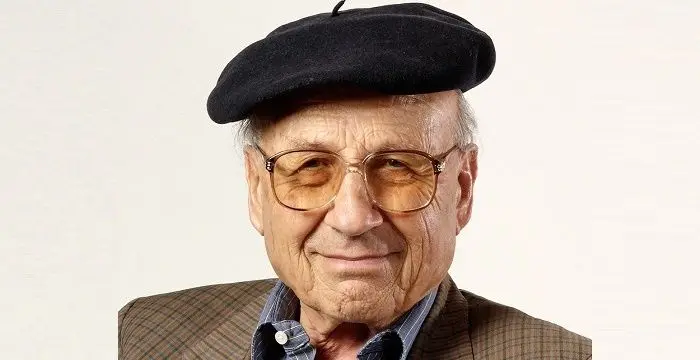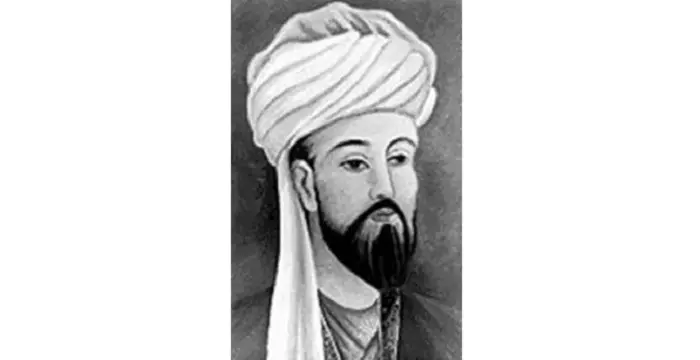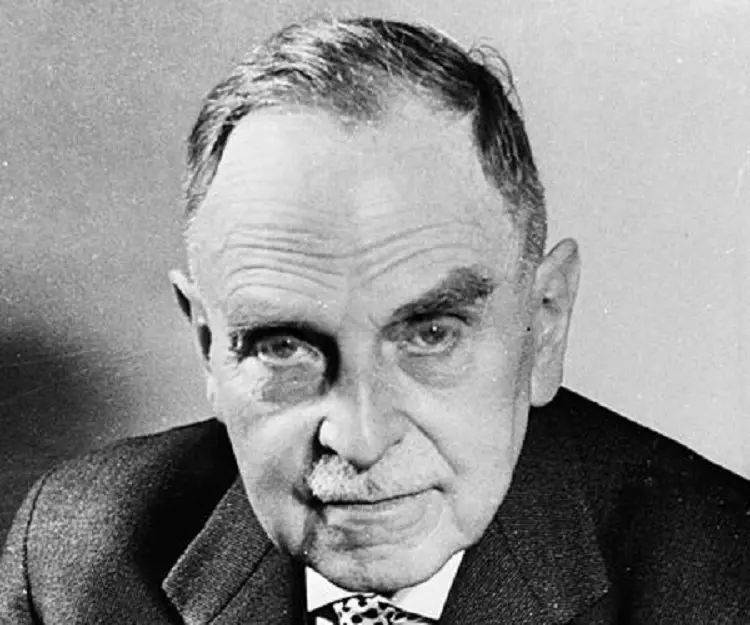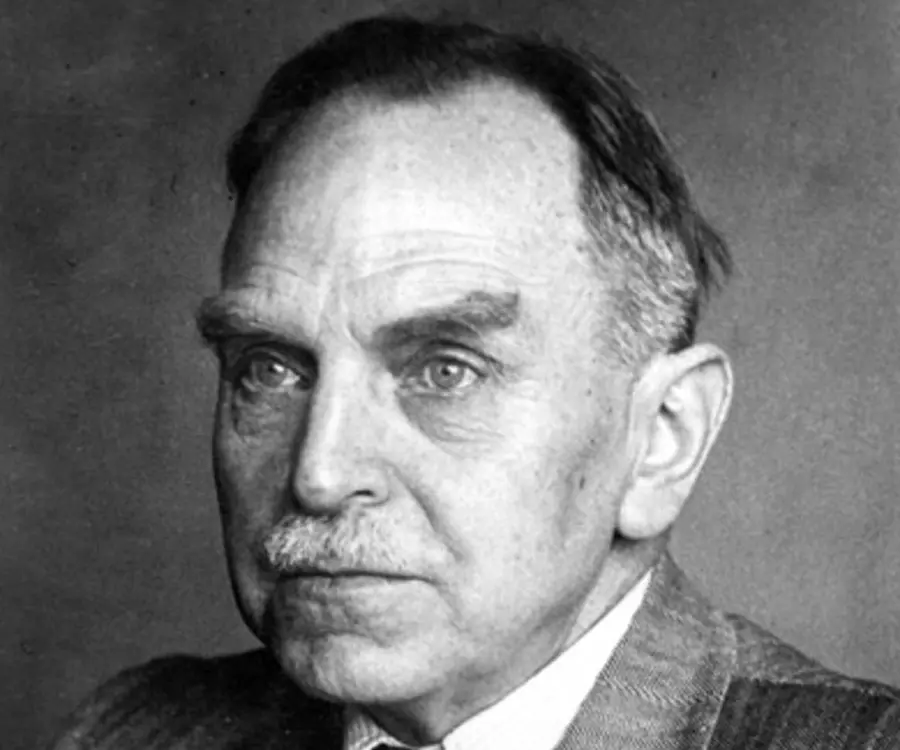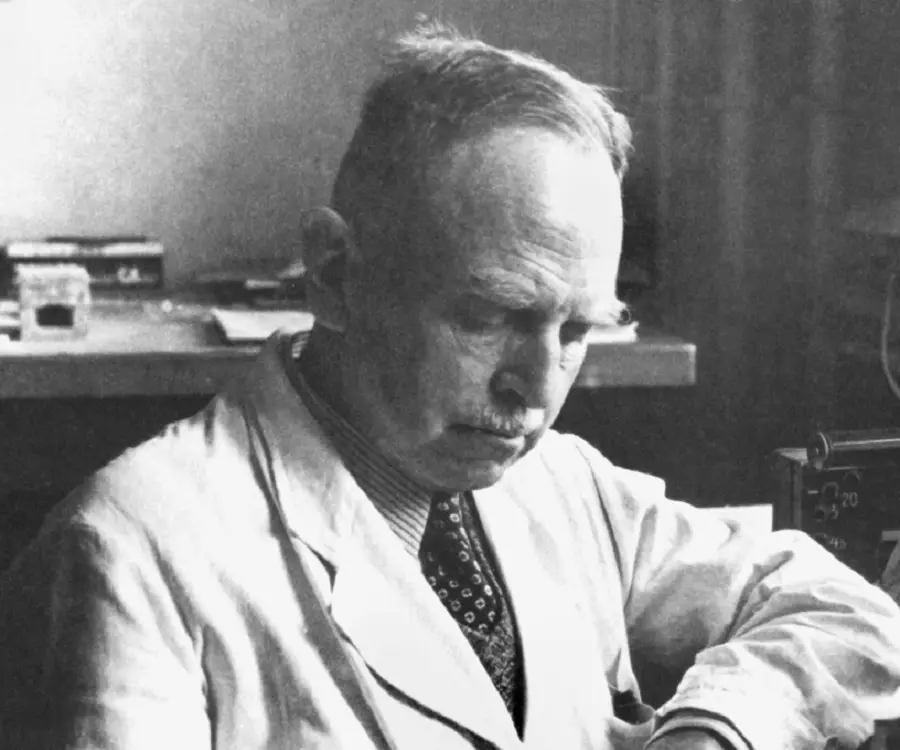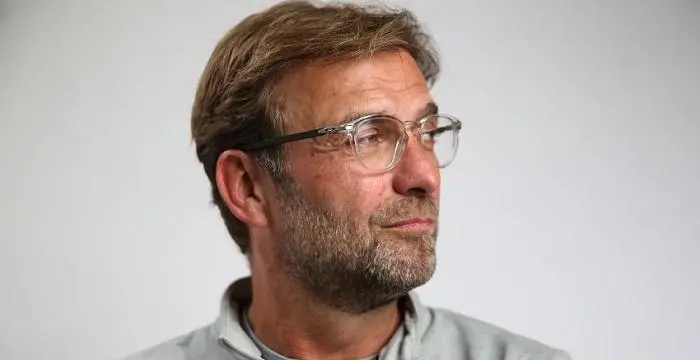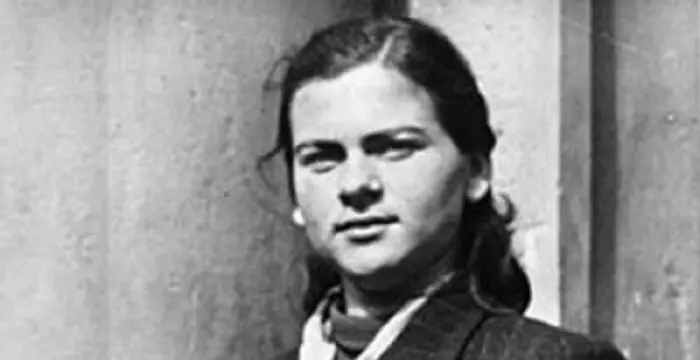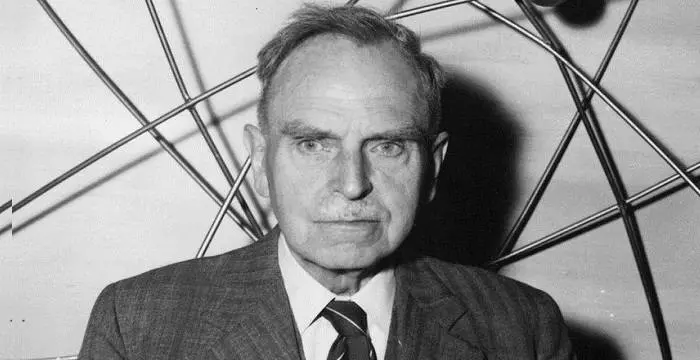
Otto Hahn - Scientists, Birthday and Childhood
Otto Hahn's Personal Details
Otto Hahn was a Nobel Prize winning German scientist who discovered the phenomenon of nuclear fission and the element protactinium
| Information | Detail |
|---|---|
| Birthday | March 8, 1879 |
| Died on | July 28, 1968 |
| Nationality | German |
| Famous | Scientists, Chemists |
| Universities |
|
| Cause of death |
|
| Birth Place | Frankfurt |
| Religion | Lutheranism |
| Gender | Male |
| Sun Sign | Pisces |
| Born in | Frankfurt |
| Famous as | Chemist |
| Died at Age | 89 |
// Famous Chemists
Henry Cavendish
Henry Cavendish was a theoretical chemist and physicist, renowned for discovery of hydrogen and calculation of the mass of earth. To know more about his childhood, profile, timeline and career read on
Walter Kohn
Nobel Laureate Walter Kohn was an Austrian-born American theoretical chemist and physicist. Check out this biography to know about his childhood, life, achievements, works & timeline.
Jabir Ibn Hayyan
Jabir Ibn Hayyan was a medieval era polymath. Check out this biography to know about his life, works and achievements.
Otto Hahn's photo
Who is Otto Hahn?
Otto Hahn was a renowned German radiochemist who won the Nobel Prize for his discovery of nuclear fission after a lifetime of working with radioactive isotopes. Nuclear fission is widely regarded as the key invention that enabled the atomic bomb, although Hahn was not involved with its development directly. He is considered to be one of the most famous chemists of all time and the "father of nuclear chemistry." He also was revered by many as a model scientist with an outstanding history of academic achievement, excellent working methods, and a strong record of personal integrity. In his lifetime, he was recognized by many scientists as one of the primary discoverers in chemistry and physics, and specifically, physics accomplished through chemistry. He was the founder and President of the Max Planck Society, an esteemed non-profit worldwide scientific foundation, and the last President of the Kaiser Wilhelm Society, its predecessor organization. In his later years, he was a vocal critic of nuclear weapons and sought to have them banned. He was admired by many Germans as a model citizen, especially in the period following World War II, and he was the recipient of many scientific and civilian awards internationally. To know more about his life and works read on.
// Famous Scientists
Juliane Koepcke
Juliane Koepcke is a German-Peruvian biologist, who was the lone survivor among the 92 passengers and crew of the ill-fated LANSA Flight 508 that crashed in the Peruvian rainforest on 24 December 1971. Know more about her life in this biography.
Henry Cavendish
Henry Cavendish was a theoretical chemist and physicist, renowned for discovery of hydrogen and calculation of the mass of earth. To know more about his childhood, profile, timeline and career read on
Konstantin Tsiolkovsky
Konstantin Tsiolkovsky was a Russian rocket scientist and a pioneer of astronautics. This biography provides detailed information about his childhood, family, personal life, career, achievements, etc.
Childhood & Early Life
Otto Hahn was the youngest son of Heinrich Hahn, a glazier and businessman, and Charlotte Giese, born in Frankfurt Germany on March 8, 1879. He started conducting chemistry experiments at the age of 15 in the family laundry room, and two years later he announced his intention to become a chemist.
Starting in 1897, he studied at the ‘University of Marburg’, where he received a doctorate, working in chemistry and mineralogy. He also studied at the ‘University of Munich’ under Adolf von Baeyer.
Career
He took a position in radiochemistry at the ‘University College London’ in 1904 under Sir William Ramsay, the discoverer of inert gasses. Two years later, he went back to Germany to work at the ‘University of Berlin’ with Emil Fischer, who gave Hahn his own laboratory, where he discovered substances including radium-228 (mesothorium I) and thorium-230 (ionium).
He started teaching at the ‘University of Berlin’ in 1907 and met Lise Meitner, a physicist from Austria, with whom he would collaborate throughout his career. During the same time Hahn was considered one of the leading radiochemists in the world, and he was nominated for the Nobel Prize by Adolf von Baeyer.
He then worked on explaining the phenomenon of radioactive recoil discovered by Canadian physicist Harriet Brooks.
In 1924, he was elected to full membership in the ‘Prussian Academy of Sciences’ after his name was nominated by Albert Einstein, Max Planck, Fritz Haber, Wilhelm Schlenk, and Max von Laue. Later that decade, and for nearly twenty years afterward, he was the director of the prestigious ‘Kaiser Wilhelm Institute’.
On December 16 and 17 of 1938, Hahn and his assistant Fritz Strassmann conducted experiments which created nuclear fission. The phenomenon was later explained by Lise Meitner and Otto Frisch.
In April 1945, he and nine other German scientists were taken into custody by the Allies and flown to England. The Nobel Prize committee decided to award the Nobel Prize in Chemistry to him, but he was not allowed to travel, hence he could not accept the award personally.
After the war, Hahn became a vocal spokesperson for social responsibility, saying that his discoveries should not be put to military use. In 1958, he and Albert Schweizer signed the Pauling Appeal to the United Nations, which called for the 'immediate conclusion of an international agreement to stop the testing of nuclear weapons.'
Major Works
Hahn’s collaboration with Lise Meitner resulted in the discovery of a new element named protactinium. The duo received several nominations for Nobel Prize in Chemistry throughout the 1920s. Later, the ‘International Union of Pure and Applied Chemistry’ (IUPAC) confirmed him and Meitner as the discoverers.
In 1938, he made his greatest discovery: nuclear fission. This discovery would later make atomic bombs possible, and although he was not directly involved with their development, he came to feel guilty about his research's contribution to these weapons.
Awards & Achievements
In 1945, he was awarded the Nobel Prize in Chemistry for his discovery of nuclear fission. This was likely one of the greatest scientific accomplishments of the 20th century. In total, he was nominated for the Nobel Prize in Chemistry 22 times and for the Nobel Prize in Physics 16 times.
In 1957, he received the title of the Honorary Officer of the ‘Order of the British Empire’ from the United Kingdom and the ‘Gold Cross of the Order Pro Ecclesia et Pontifice’ from the Holy See.
Two years later, he received the Officer of the 'Ordre National de la Légion d'Honneur' from France and the ‘Grand Cross First Class of the Order of Merit’ from West Germany, in 1959.
In 1966, he received the ‘Enrico Fermi Award’ in the U.S.A. The honor was presented by Lyndon Johnson, President of the United States.
Personal Life & Legacy
In 1913, he married Edith Junghans, an art student at the Royal Academy of Art in Berlin. Nine years later, he and his wife had their only child, Hanno.
He died on July 28, 1968, in Göttingen, Germany, from an accidental fall.
There have been numerous times when scientific bodies have tried, unsuccessfully, to name new elements after him. (This is despite a longstanding tradition that it is the right of the elements' discoverers to name them.)
A number of cities and districts in Germany, Austria, and Switzerland have named secondary schools after him, and squares, streets, and bridges throughout Europe also have been named after him. More than twenty countries worldwide have issued coins, medals, or stamps bearing his portrait.
Trivia
In 1999, he was elected the third most important scientist of the 20th century in a survey of 500 engineers, natural scientists, and physicians by Focus, a German news magazine. The first two were Albert Einstein and Max Planck.
// Famous German peoples
Jordan Carver
Jordan Carver is a famous German model. Let’s take a close look at her personal life, including her age, career, net worth, achievements and some fun facts.
Jürgen Klopp
Jürgen Klopp is a German football manager, and a former professional football player. Check out this biography to know more about his childhood, family, personal life, etc.
Irma Grese
Irma Grese was a notorious German Nazi concentration camp guard during the Second World War. This biography profiles her childhood, life, horrifying acts, death and other facts.
Otto Hahn's awards
| Year | Name | Award |
|---|---|---|
Other | ||
| 0 | 1944 - Nobel Prize in Chemistry | |
| 0 | 1954 - Grand Cross 2nd Class of the Order of Merit of the Federal Republic of Germany | |
| 0 | 1966 - Enrico Fermi Award - Nuclear fission | |
| 0 | 1949 - Max Planck Medal | |
Otto Hahn biography timelines
- // 8th Mar 1879Otto Hahn was the youngest son of Heinrich Hahn, a glazier and businessman, and Charlotte Giese, born in Frankfurt Germany on March 8, 1879. He started conducting chemistry experiments at the age of 15 in the family laundry room, and two years later he announced his intention to become a chemist.
- // 1897Starting in 1897, he studied at the ‘University of Marburg’, where he received a doctorate, working in chemistry and mineralogy. He also studied at the ‘University of Munich’ under Adolf von Baeyer.
- // 1904He took a position in radiochemistry at the ‘University College London’ in 1904 under Sir William Ramsay, the discoverer of inert gasses. Two years later, he went back to Germany to work at the ‘University of Berlin’ with Emil Fischer, who gave Hahn his own laboratory, where he discovered substances including radium-228 (mesothorium I) and thorium-230 (ionium).
- // 1907He started teaching at the ‘University of Berlin’ in 1907 and met Lise Meitner, a physicist from Austria, with whom he would collaborate throughout his career. During the same time Hahn was considered one of the leading radiochemists in the world, and he was nominated for the Nobel Prize by Adolf von Baeyer.
- // 1913In 1913, he married Edith Junghans, an art student at the Royal Academy of Art in Berlin. Nine years later, he and his wife had their only child, Hanno.
- // 1924In 1924, he was elected to full membership in the ‘Prussian Academy of Sciences’ after his name was nominated by Albert Einstein, Max Planck, Fritz Haber, Wilhelm Schlenk, and Max von Laue. Later that decade, and for nearly twenty years afterward, he was the director of the prestigious ‘Kaiser Wilhelm Institute’.
- // 1938On December 16 and 17 of 1938, Hahn and his assistant Fritz Strassmann conducted experiments which created nuclear fission. The phenomenon was later explained by Lise Meitner and Otto Frisch.
- // 1938In 1938, he made his greatest discovery: nuclear fission. This discovery would later make atomic bombs possible, and although he was not directly involved with their development, he came to feel guilty about his research's contribution to these weapons.
- // 1945In 1945, he was awarded the Nobel Prize in Chemistry for his discovery of nuclear fission. This was likely one of the greatest scientific accomplishments of the 20th century. In total, he was nominated for the Nobel Prize in Chemistry 22 times and for the Nobel Prize in Physics 16 times.
- // Apr 1945In April 1945, he and nine other German scientists were taken into custody by the Allies and flown to England. The Nobel Prize committee decided to award the Nobel Prize in Chemistry to him, but he was not allowed to travel, hence he could not accept the award personally.
- // 1957In 1957, he received the title of the Honorary Officer of the ‘Order of the British Empire’ from the United Kingdom and the ‘Gold Cross of the Order Pro Ecclesia et Pontifice’ from the Holy See.
- // 1958After the war, Hahn became a vocal spokesperson for social responsibility, saying that his discoveries should not be put to military use. In 1958, he and Albert Schweizer signed the Pauling Appeal to the United Nations, which called for the 'immediate conclusion of an international agreement to stop the testing of nuclear weapons.'
- // 1959Two years later, he received the Officer of the 'Ordre National de la Légion d'Honneur' from France and the ‘Grand Cross First Class of the Order of Merit’ from West Germany, in 1959.
- // 1966In 1966, he received the ‘Enrico Fermi Award’ in the U.S.A. The honor was presented by Lyndon Johnson, President of the United States.
- // 28th Jul 1968He died on July 28, 1968, in Göttingen, Germany, from an accidental fall.
// Famous Pisces Celebrities peoples
Christine Baumgartner
Christine Baumgartner is an American model and the wife of famous American actor Kevin Costner. Check out this biography to know about her birthday, childhood, family life, achievements and fun facts about her.
Galina Becker
Galina Becker is a former athlete and fitness model from America. Check out this biography to know about her birthday, childhood, family life, achievements and fun facts about her.
Nikkie De Jager
Check out all that you wanted to know about Nikkie De Jager, the famous Dutch Makeup artist; her birthday, her family and personal life, her boyfriends, fun trivia facts and more.
Annie Bakes
Annie Bakes is an American adult model and the ex-wife of Dennis Rodman. Check out this biography to know about her birthday, childhood, family life, achievements and fun facts about her.
Jordyn Jones
Jordyn Jones is an American dancer. Let’s have a look at her family & personal life including age, date of birth, boyfriends, net worth, and fun facts.
Oscar Rosenstroem
Oscar Rosenstroem is a Danish Musical.ly star. Let’s have a look at his family and personal life including age, date of birth, girlfriends, net worth and fun facts.
Otto Hahn's FAQ
What is Otto Hahn birthday?
Otto Hahn was born at 1879-03-08
When was Otto Hahn died?
Otto Hahn was died at 1968-07-28
Where was Otto Hahn died?
Otto Hahn was died in Göttingen
Which age was Otto Hahn died?
Otto Hahn was died at age 89
Where is Otto Hahn's birth place?
Otto Hahn was born in Frankfurt
What is Otto Hahn nationalities?
Otto Hahn's nationalities is German
What was Otto Hahn universities?
Otto Hahn studied at University of Marburg, Humboldt University of Berlin
What is Otto Hahn's cause of dead?
Otto Hahn dead because of Accident
What is Otto Hahn's religion?
Otto Hahn's religion is Lutheranism
What is Otto Hahn's sun sign?
Otto Hahn is Pisces
How famous is Otto Hahn?
Otto Hahn is famouse as Chemist

